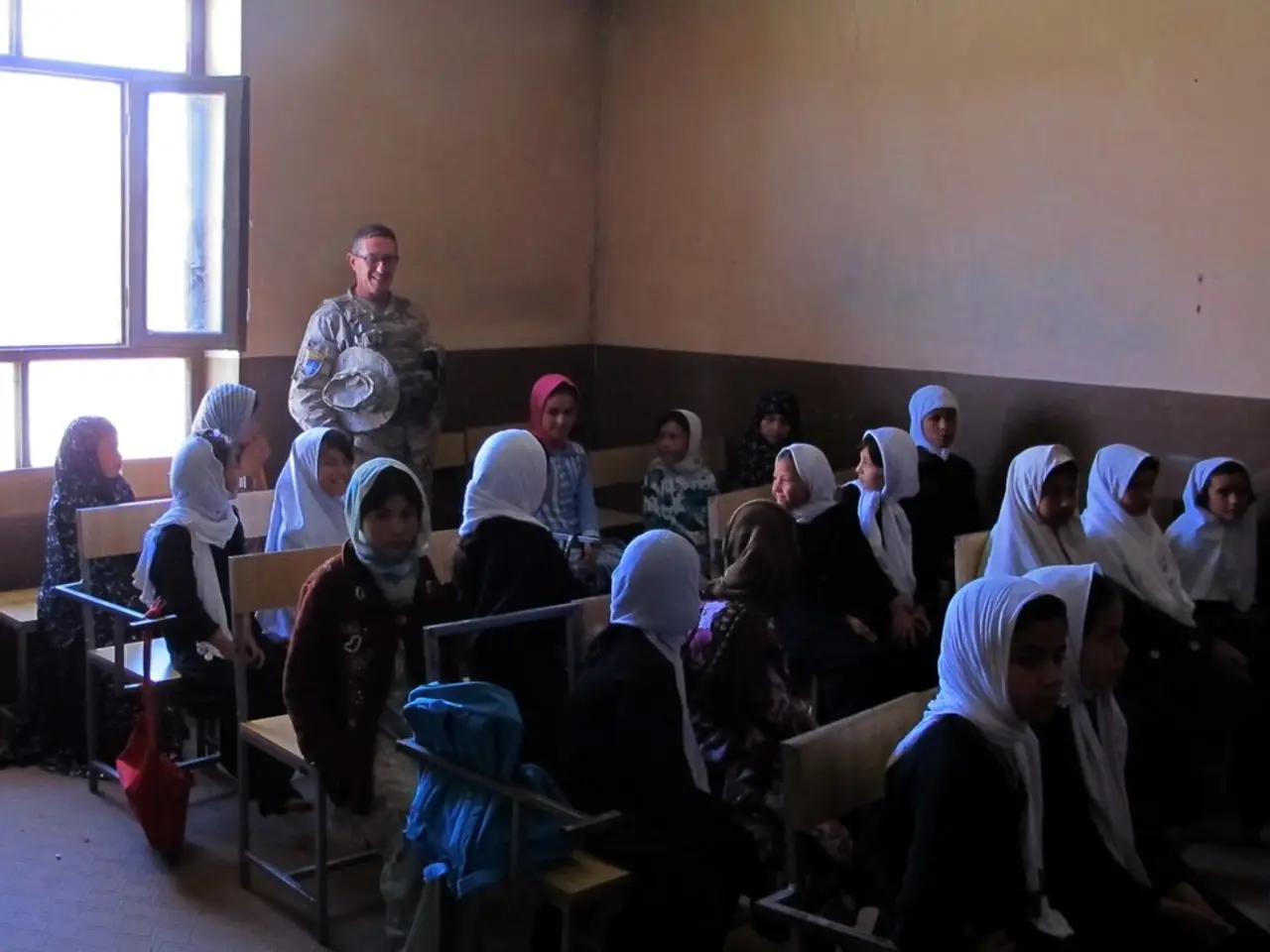Germany shifts stance in Gaza conflict
In a significant policy shift, Germany has decided to partially suspend the export of military equipment to Israel for use in the Gaza Strip during the ongoing conflict. The suspension means Berlin will not approve any arms exports that could be deployed in Gaza "until further notice," reflecting a concern for the humanitarian impact of the Gaza offensive while reaffirming Israel’s right to defend itself.
The German government has not detailed the exact list of specific military goods affected by the suspension, but it covers all military equipment that might be used in Israel’s Gaza operations. This is effectively an arms embargo for equipment destined for use in Gaza, without halting all military exports to Israel more broadly.
The move comes primarily as a response to the Israeli Security Cabinet’s decision to take control of Gaza City, a move heavily criticized internationally. The suspension seeks to balance Germany’s traditional support for Israel with concerns over the humanitarian impact of the Gaza offensive.
According to reports, export licenses worth €485 million were granted between October 2023 and May 2025, but the exact categories or types of military goods suspended were not itemized in the statements or reports. It remains unclear which specific military goods Germany will no longer deliver to Israel for the time being.
The conflict in the Gaza Strip was triggered by a Hamas massacre and other extremists from the Gaza Strip on October 7, 2023, resulting in 1,200 deaths and around 250 abductions.
Israeli Prime Minister Benjamin Netanyahu has criticized the German government for this decision, accusing them of rewarding the Islamic Hamas. The Central Council of Jews in Germany, led by President Josef Schuster, shares this sentiment, claiming that taking away Israel's ability to defend itself against threats endangers its existence.
German Chancellor Friedrich Merz, however, has stated that Israel has the right to defend itself against Hamas terrorism, but criticized the planned tougher Israeli action, stating it makes it difficult to see how the goals of releasing hostages and achieving a ceasefire can be achieved. Merz emphasizes the federal government’s concern about the suffering of the civilian population in the Gaza Strip and urges the Israeli government to enable comprehensive access for aid deliveries.
The opposition in Germany, including the Green Party and the Left Party, believes that the federal government’s policy shift does not go far enough and calls for further steps, such as active pushing for a political process, suspension of the EU association agreement, and recognition of Palestine.
Lars Klingbeil, Vice Chancellor and Federal Minister of Finance, supports Merz’s approach and calls for humanitarian aid to be allowed into Gaza as quickly and comprehensively as possible. Johannes Winkel, JU chairman and CDU member of the Bundestag, states that Israel is doing the dirty work for Germany without German weapons.
The Young Union, a youth organization, criticizes the policy shift as a break with the principles of Union policy. Netanyahu, on the other hand, has stated that Israel's goal is not to occupy the Gaza Strip, but to free it from Hamas and establish a peaceful government.
The delivery of weapons and military equipment worth 485.1 million euros to Israel was permitted from October 7, 2023, to May 13, 2025, making Germany Israel's second-largest arms supplier behind the US. The Israeli security cabinet agreed to a plan to occupy the city of Gaza, which included disarmament of the Islamic Hamas, return of all hostages, demilitarization of the Gaza Strip, Israeli security control of the coastal region, and establishment of a civilian administration not subject to Hamas or the Palestinian Authority.
- This suspension of military equipment exports by Germany to Israel, as a result of the conflict in the Gaza Strip, is a significant development in the politics and general news landscape, given the broader context of war-and-conflicts.
- The German government's decision to suspend specific military equipment exports, mainly meant for Israel's Gaza operations, reflects a balancing act between traditional support for Israel and concerns over humanitarian impacts during a war-and-conflict situation.








